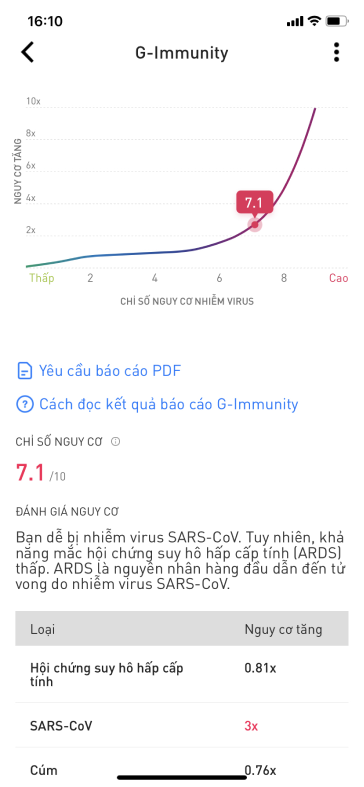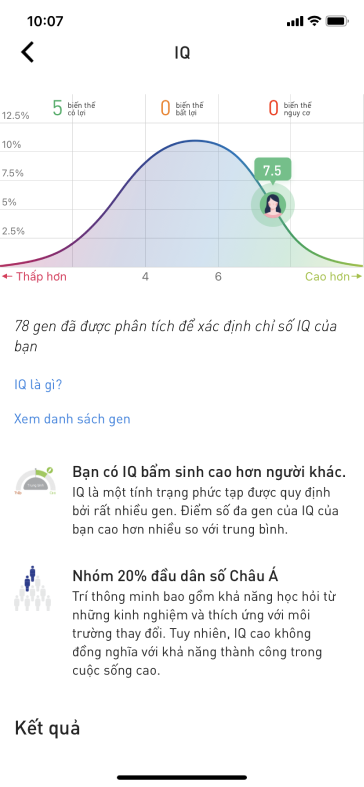Obesity-Promoting Genes in an Obesity-Promoting World

Genes influence every aspect of human physiology, development, and adaptation. Obesity is no exception. Yet relatively little is known regarding the specific genes that contribute to obesity and the scale of so-called "genetic environment interactions" the complex interplay between our genetic makeup and our life experiences.
A 2014 study found that consumption of fried food could interact with genes related to obesity, underscoring the importance of reducing fried food consumption in individuals genetically predisposed to obesity. The search for human obesity genes began several decades ago.
Emerging research has also begun to identify the genetic underpinnings of so-called "common" obesity, which is influenced by dozens, if not hundreds, of genes. In addition, research into the relationship between certain foods and obesity is shedding more light on the interaction between diet, genes, and obesity.
Rare Forms of Obesity Caused by Mutations in a Single Gene (Monogenic Obesity)
Several rare forms of obesity result from spontaneous mutations in single genes, so-called monogenic mutations. Such mutations have been discovered in genes that play essential roles in appetite control, food intake, and energy homeostasis-primarily, in genes that code for the hormone leptin, the leptin receptor, pro-opiomelanocortin, and the melanocortin-4 receptor, among others.
Obesity is also a hallmark of several genetic syndromes caused by mutation or chromosomal abnormalities, such as Prader–Willi and Bardet-Biedl syndromes. In these syndromes, obesity is often accompanied by mental retardation, reproductive anomalies, or other problems
"Common Obesity" Caused by Mutations in Multiple Genes
In the 21st century, obesity is a health problem affecting rich and poor, educated and uneducated. Body fat level varies from person to person, however, and some people have always tended to carry a bit more body fat than others. Some studies of large populations suggest that this variation in our susceptibility to obesity has a genetic component. But rather than being controlled by a single gene, susceptibility to common obesity is thought to be affected by many genes (polygenic).
In 2007, researchers using genome-wide association studies identified the first obesity-related gene variants in the so-called "fat mass and obesity-associated" (FTO) gene on chromosome 16. These gene variants are fairly common, and people who carry one have a 20 to 30 percent higher risk of obesity than people who do not.
Most people probably have some genetic predisposition to obesity, depending on their family history and ethnicity. Moving from genetic predisposition to obesity itself generally requires some change in diet, lifestyle, or other environmental factors.
The Bottom Line: Healthy Environments and Lifestyles Can Counteract Gene-Related Risks
Having a better understanding of the genetic contributions to obesity-especially common obesity-and gene-environment interactions will generate a better understanding of the causal pathways that lead to obesity. Such information could someday yield promising strategies for obesity prevention and treatment. But it’s important to remember that overall, the contribution of genes to obesity risk is small, while the contribution of our toxic food and activity environment is huge.
As one scientist wrote, "Genes may co-determine who becomes obese, but our environment determines how many become obese." That’s why obesity prevention efforts must focus on changing our environment to make healthy choices easier choices, for all.
Reference: https://www.hsph.harvard.edu/obesity-prevention-source/obesity-causes/genes-and-obesity/
























